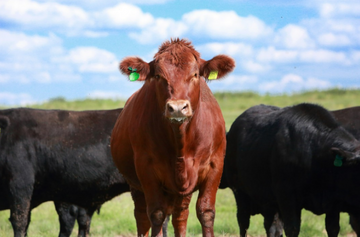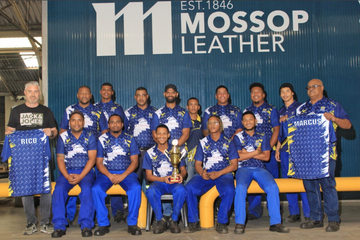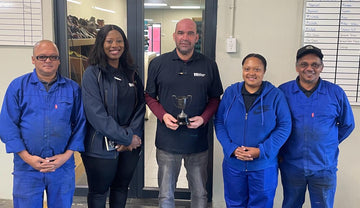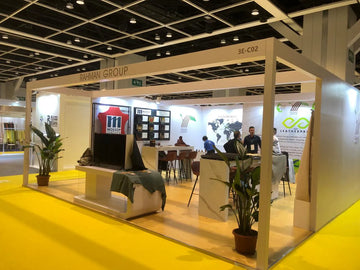
Upholding Sustainable Standards: Ethical Farming in the Leather Industry
In South Africa, we are fortunate to have a natural grassland across our land, akin to the East African Savannah, Prairielands of the USA or the Rangelands of Australia. It is fortune because it gives consumers the knowledge that hides used in the production of Leathergoods in South Africa don’t come from areas which have caused deforestation. The land that gives rise to the food industry, meat and dairy, creates a byproduct that forms the backbone of the recycling process, which is as old as humankind. This byproduct is, of course, the hide, and the recycling process is what we know today as tanning. Taking a byproduct, and up-cycling it to add additional value to its worth. Thus, a commitment to sustainable agricultural practices shapes the foundations of responsible leather production. This exploration delves into the operational principles that underpin our approach, emphasising the rigorous standards and ethical stewardship guiding every aspect of our operations.
Our journey begins with our suppliers' strategic management of grazing lands, ensuring the rotational grazing of pasture-raised and grain-fed cattle. This approach optimises land utilisation and mitigates soil erosion, with interventions such as water stream rehabilitation enacted where necessary to preserve environmental integrity.

Local traceability is a cornerstone of our practices and our hide suppliers, with over 70% of our rawhides locally sourced, allowing real-time oversight of our primary raw material. We have also made it a point to source from Leather Working Group-accredited rawhide suppliers. Meticulous monitoring of each animal's life cycle ensures disease control and product traceability throughout the supply chain.
The approval of an environmental impact study by the Department of Environmental Affairs in 2007 underscores our commitment to sustainable practices, validating our efforts to prioritise animal welfare and environmental preservation.
Implementing electronic identification tags and stringent quality protocols evidences our supplier's dedication to quality and safety. ISO certification further reinforces their commitment to excellence, assuring entire supply chain of product integrity and safety.
In an era of heightened environmental awareness, our supplier's commitment to responsible farming practices within the leather industry assumes paramount importance. Our actions in purchasing from accredited suppliers reflect a deep-seated responsibility to safeguard the planet for future generations, guided by ethical stewardship and sustainability principles.
In conclusion, our pursuit of sustainable practices in the leather industry represents a tangible commitment to environmental stewardship and responsible business conduct. As we navigate towards a future defined by sustainability, our unwavering dedication to ethical farming practices serves as a beacon of integrity within the industry.




